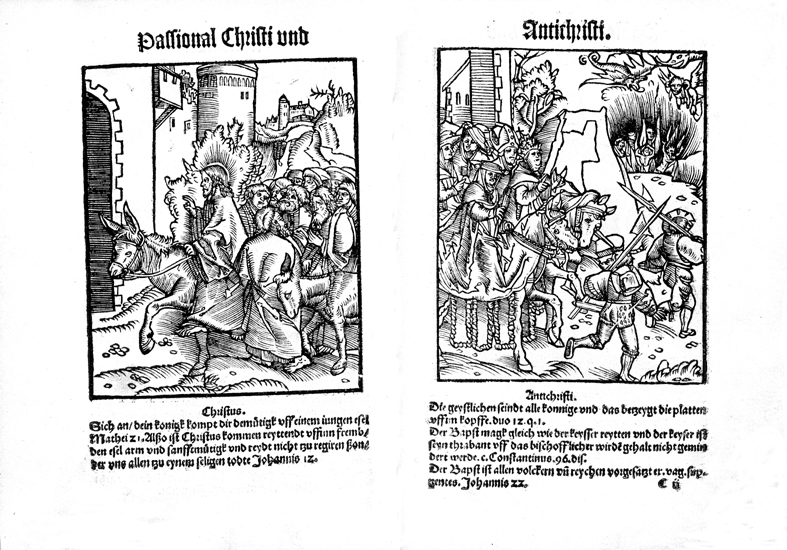
The "Prince of the Apostles" and first Pope, Saint Peter, was a sinner. He denied Christ three times. Other Popes were known to sin too. Some usurpers even had to be deemed "anti Popes". There are no Christians who didn't sin, for that matter. But what does this prove? The argument is not whether individual Popes were sinners, (for they all were), it's whether or not they taught heresy regarding Christian doctrine and lead souls astray. While some Popes absolutely fell prey to sin, they were always protected by the Holy Spirit from teaching doctrinal error that would led a soul the hell. Jesus Christ Himself prayed that Peter's faith would never fail, and commissioned Peter to "strengthen his brethren". "but I have prayed for you that your faith may not fail; and when you have turned again, strengthen your brethren." (Luke 22: 32-33). Three times Jesus commissioned Peter to teach and strenghten Christians in their faith: "feed my sheep - feed my sheep - feed my lambs" (John 21: 15). And Jesus gave Peter the Keys to the Kingdom and granted him the power to "bind and loose". "19 I will give you the keys of the kingdom of heaven, and whatever you bind on earth shall be bound in heaven, and whatever you loose on earth shall be loosed in heaven.". (Mathew 16:19).
There are a lot of fallicies out there regarding the office of the Pope, the greatest being that Catholics think the Popes cannot sin or ever be wrong. They can sin, and they can be wrong in just about every area of life - all but the essential doctrines of Jesus Christ, those things which Christians must believe in order to have salvation. In other words, those essential things revealed in Scripture and oral Tradition that Christians have believed from the beginning, "So then, brethren, stand firm and hold to the traditions which you were taught by us, either by word of mouth or by epistle. (2 Thess. 2:15).
So the message is quite simple, while both the Popes and Martin Luther were sinners, Martin Luther broke from Christian traditions and from Christian Scripture and taught new doctrines, (heresy). Had Luther, the very founder of Protestantism and of whom his church is named after, the Lutheran Church, had successors I would have focused only on his heretical quotes and not also on his mad rantings and ravings and hatreds. But since he is the father of Protestantism, and since he establshed his own paralell Christian Church minus some original doctrines and sacraments, and since he is not seen in Scripture speaking with Jesus, and since he is not mentioned in Scripture prophesy as some future rescuer of Christianity gone astray, I decided to focus on both his doctrinal errors and his cruelty and insanity.

There is an online copy of the book that is Google'able... Quite different look at the time in question. Interesting to boot...